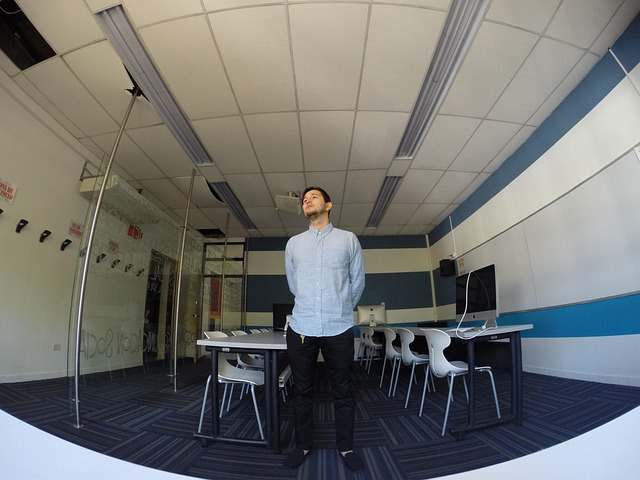I apologize for the confusion. It seems there was an error in interpreting the language code. Let me provide the correct article in English for the UK market about website design:
Website Design: Creating Effective Online Presence Website design plays a crucial role in establishing a strong digital presence for businesses and individuals alike. A well-designed website serves as the virtual storefront, often providing the first impression to potential customers or visitors. This article explores the key aspects of website design and its importance in today's digital landscape.

What is website design?
Website design encompasses the process of planning, conceptualizing, and arranging content online. It goes beyond mere aesthetics, involving various elements such as layout, colour schemes, graphics, and functionality. Effective website design aims to create a user-friendly interface that not only looks appealing but also provides a seamless browsing experience.
Why is website design important for businesses?
In the digital age, a website often serves as the primary point of contact between a business and its potential customers. A well-designed website can:
-
Enhance brand credibility
-
Improve user experience
-
Increase conversion rates
-
Boost search engine rankings
-
Provide a platform for showcasing products or services
A poorly designed website, on the other hand, can deter visitors and potentially harm a company’s reputation.
What are the key elements of effective website design?
Several components contribute to a successful website design:
-
Responsive layout: Ensuring the website functions well on various devices and screen sizes.
-
Intuitive navigation: Creating a logical structure that allows users to find information easily.
-
Consistent branding: Maintaining a cohesive visual identity throughout the site.
-
Fast loading times: Optimizing images and code for quick page loading.
-
Clear call-to-action (CTA) buttons: Guiding users towards desired actions or conversions.
-
Accessibility features: Making the site usable for people with disabilities.
How does website design impact user experience?
User experience (UX) is at the heart of effective website design. A well-designed site should:
-
Be easy to navigate
-
Provide valuable and relevant content
-
Load quickly and function smoothly
-
Be visually appealing and consistent
-
Adapt to different devices and screen sizes
By focusing on these aspects, designers can create websites that not only look good but also provide a positive and memorable experience for visitors.
What role does SEO play in website design?
Search Engine Optimization (SEO) is an integral part of modern website design. While content remains king, design elements can significantly impact a site’s search engine rankings. Some SEO considerations in website design include:
-
Mobile responsiveness
-
Page loading speed
-
URL structure and site architecture
-
Image optimization
-
Use of header tags (H1, H2, etc.)
-
Internal linking structure
By incorporating SEO best practices into the design process, websites can improve their visibility in search engine results pages (SERPs).
What are the current trends in website design?
Website design is an ever-evolving field, with new trends emerging regularly. Some current trends include:
-
Minimalist design: Clean, uncluttered layouts with ample white space.
-
Dark mode options: Allowing users to switch to a darker colour scheme.
-
Micro-interactions: Small, engaging animations that respond to user actions.
-
Bold typography: Using large, eye-catching fonts for impact.
-
Video backgrounds: Incorporating dynamic video elements into page designs.
-
Voice user interface (VUI): Integrating voice command functionality.
While trends can provide inspiration, it’s important to balance them with usability and your brand’s unique identity.
How much does professional website design cost?
The cost of professional website design can vary significantly based on several factors, including the complexity of the site, the number of pages, and the level of customization required. Here’s a general overview of pricing tiers:
| Type of Website | Typical Cost Range | Features |
|---|---|---|
| Basic Static Website | £500 - £3,000 | 1-5 pages, simple design, limited functionality |
| Small Business Website | £3,000 - £9,000 | 5-20 pages, custom design, basic e-commerce |
| Large Business Website | £10,000 - £25,000+ | 20+ pages, advanced functionality, complex e-commerce |
| Enterprise-Level Website | £25,000 - £100,000+ | Custom solutions, advanced integrations, high-level security |
Prices, rates, or cost estimates mentioned in this article are based on the latest available information but may change over time. Independent research is advised before making financial decisions.
It’s worth noting that while DIY website builders offer lower-cost alternatives, professional design services often provide more customized, scalable, and optimized solutions.
In conclusion, effective website design is a multifaceted discipline that combines aesthetics, functionality, and user experience. By investing in quality design, businesses and individuals can create powerful online presences that engage visitors, drive conversions, and stand out in the digital landscape. As technology and user expectations continue to evolve, so too will the art and science of website design, making it an exciting and dynamic field for years to come.




